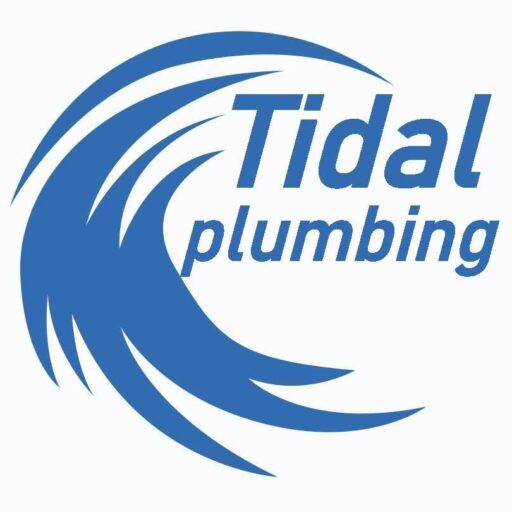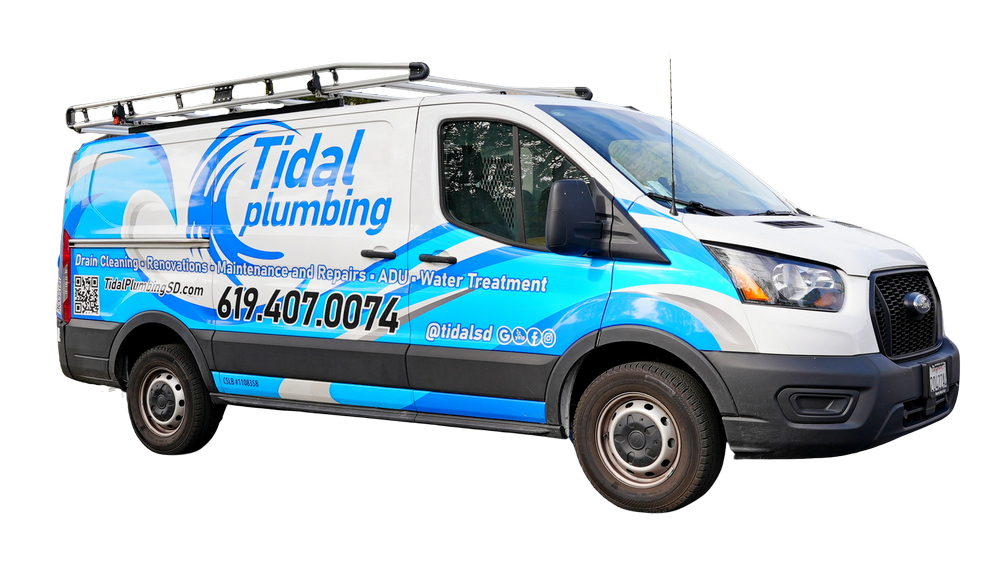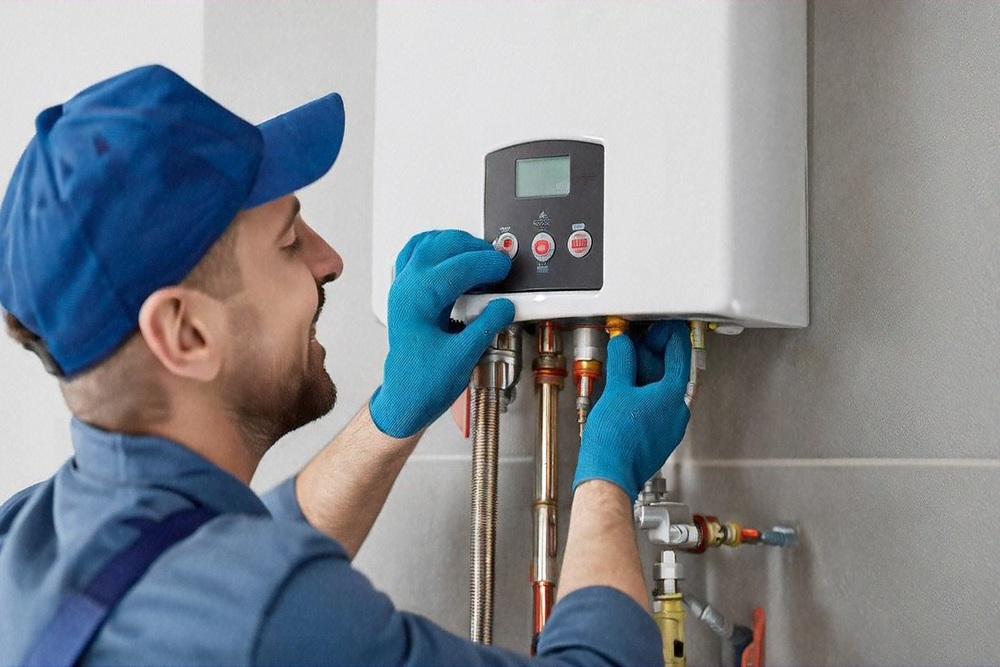
Understanding Your Options: Tankless vs. Traditional Water Heaters
When it’s time to upgrade or replace your water heater, you’re faced with a key decision: should you choose a tankless water heater or stick with a traditional tank model? Both systems have their own strengths and drawbacks, and the right choice depends on your household’s needs, budget, and long-term goals. By comparing energy efficiency, installation costs, space requirements, and potential savings, you can decide which system will serve your home best and keep your family comfortable for years to come.
The Benefits and Limitations of Traditional Water Heaters
Traditional water heaters, often called storage tank heaters, have been the go-to choice for decades. They heat and store a large volume of water in a tank, keeping it ready for use whenever needed. If you have a large household where multiple people shower, run laundry, and wash dishes simultaneously, a tank system can provide consistent hot water without delay. Installation costs are typically lower compared to tankless systems, which makes this option attractive if you’re on a tighter budget upfront.
However, traditional systems do come with trade-offs. Because water is constantly kept hot, these units consume more energy even when you’re not using hot water, which can raise your utility bills. Tanks also occupy more space and typically require installation in a dedicated area, such as a garage or utility closet. Over time, sediment buildup and corrosion can lead to maintenance issues or reduce the unit’s lifespan. By understanding these factors, you’ll know whether the convenience of stored hot water outweighs the higher operating costs.
Why You Might Consider a Tankless Water Heater
Tankless systems, also known as on-demand water heaters, have gained popularity for good reason. Instead of storing water, they heat it instantly as it flows through the system. That means you won’t run out of hot water during back-to-back showers or while running multiple appliances. Another significant advantage is energy efficiency—because they only heat water when it’s needed, you avoid the constant energy drain of keeping a tank full. This can translate to significant savings on your utility bills over time.
In addition to efficiency, tankless water heaters are compact and can be mounted on a wall, freeing up valuable floor space. This is a significant advantage if you live in a smaller home or want to maximize storage space. On the other hand, the initial cost of purchasing and installing a tankless system can be significantly higher than that of a traditional unit. You may also need upgrades to your electrical or gas systems to support the higher demand for instant heating. If you’re planning to stay in your home long term, the savings and convenience often outweigh the upfront expense.
Comparing Long-Term Value and Savings
When deciding between tankless and traditional water heaters, it’s essential to consider the long-term value. A conventional system typically lasts 10 to 15 years, while tankless units can run efficiently for up to 20 years or more with proper maintenance and care. That extra lifespan can make the higher initial cost of a tankless heater worthwhile. The energy savings you accumulate over time also help offset the upfront investment, especially in households with high water usage.
Maintenance is another factor to weigh. Tank systems often require more frequent service to manage sediment buildup, whereas tankless units generally need annual descaling to maintain peak performance. If you’re looking for lower maintenance costs and fewer replacements over the years, tankless can provide that benefit. However, if upfront affordability is your top concern, a traditional tank heater may be a better fit for your current situation. Evaluating how long you plan to stay in your home and how much hot water your household uses daily will help you see the actual value of each system.
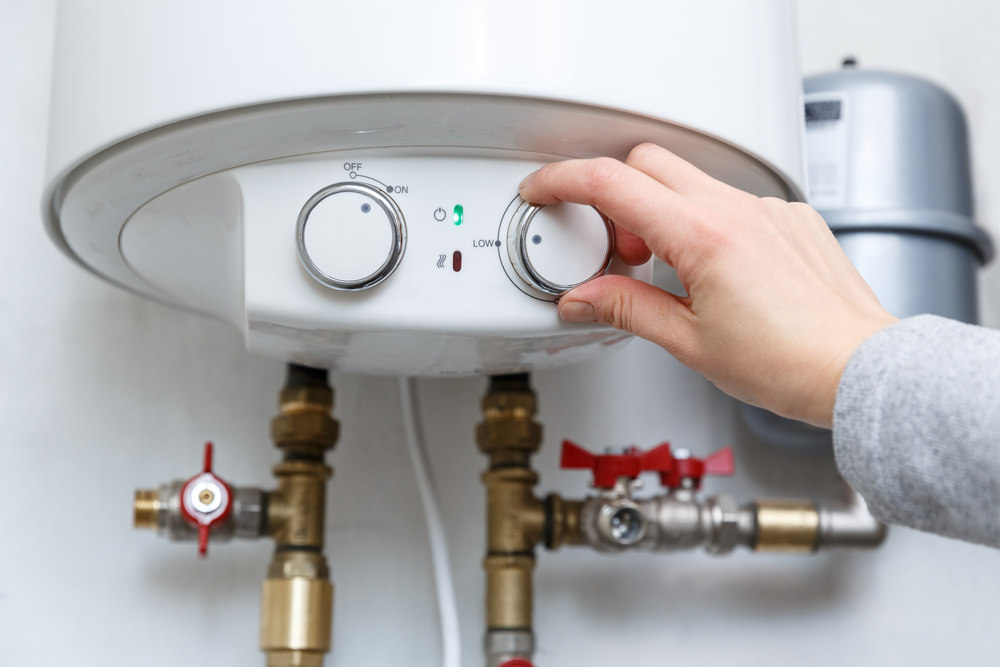
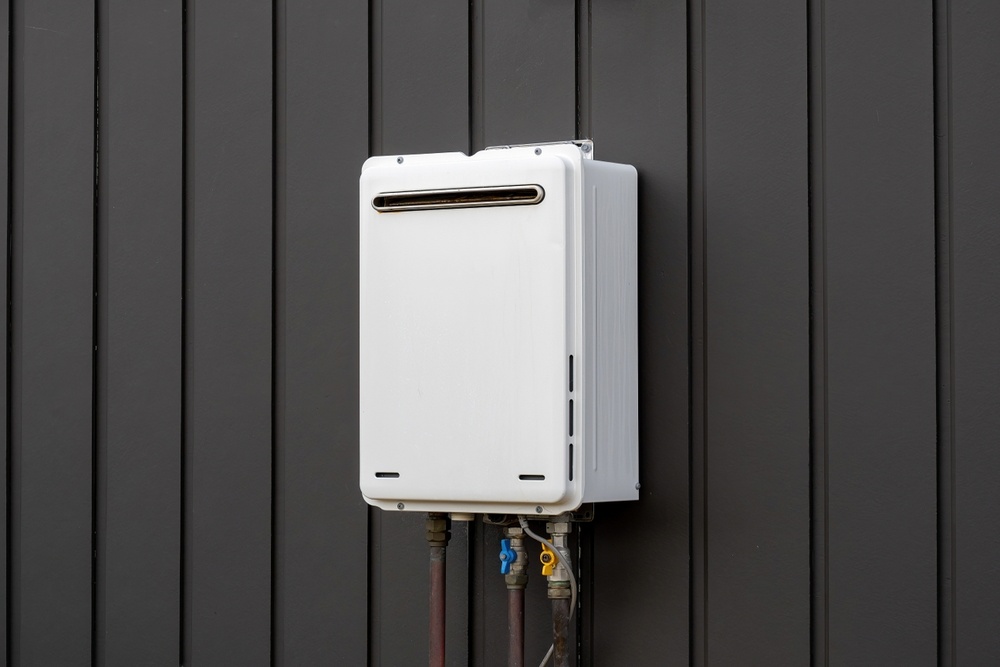
Making the Right Choice for Your Home
Recognizing these five signs—inconsistent temperatures, strange noises, leaks, and rusty water—allows you to act before your water heater fails. By scheduling timely repairs, you can avoid costly emergencies, extend the life of your system, and enjoy peace of mind knowing your home’s hot water needs are covered.
Ready to take the guesswork out of your water heater decision?
Don’t let uncertainty dictate how you handle your home’s plumbing. Call Tidal Plumbing today at (619) 902-4130 for reliable water heater solutions, expert sewer inspections, and 24/7 plumbing support. With honest recommendations and proven results, we’re here to help you protect your home from the ground up.
